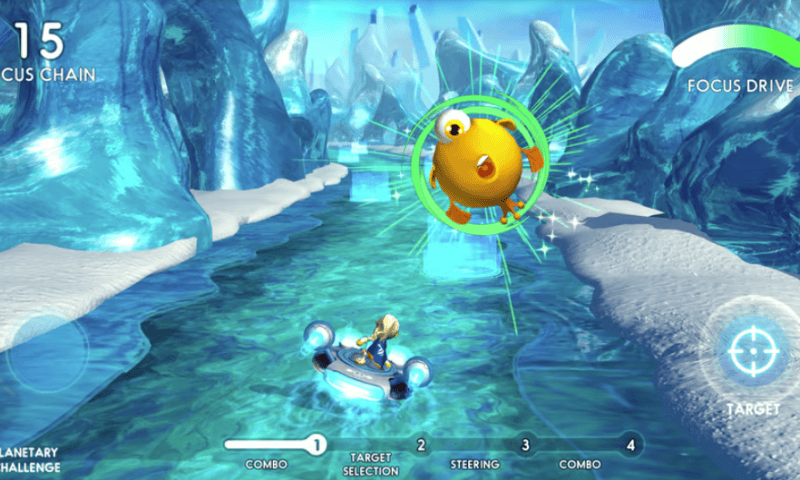After announcing it would start selling its assets earlier this year and lay off nearly half the company, the medical app developer Akili Interactive has found a willing buyer.
Virtual Therapeutics, the maker of virtual reality software for mental health and wellness, will pay about $34 million to take what remains of Akili private at a price of 43.4 cents per share.
According to the two companies, that represents about an 85% premium over Akili’s Nasdaq stock value the day before it disclosed in April that it was seeking a suitor, and about a 4% premium above what it was trading at earlier this week before the deal was announced.
The transaction comes two years after the prescription video game developer raised the curtain on a SPAC deal to go public, valued at about $1 billion, and netting Akili $163 million.
But over the course of 2023, the company disclosed rounds of large layoffs and that it was dropping certain products under development—as well as pivoting its business model toward selling its software aimed at adult attention deficit hyperactivity disorder over-the-counter.
In April, Akili cut staff by about 46%, including its marketing and medical affairs teams, but said it planned to continue supporting current users. The company also said it would continue to seek a regulatory green light for its EndeavorOTC software, which is currently under review at the FDA.
“Akili ran a thorough strategic process and we believe that this transaction represents Akili’s commitment to delivering value to the Akili stockholder,” CEO Matt Franklin said in a statement.
“Virtual Therapeutics has been built by a team with decades of success in the gaming industry and elected to focus their expertise to help solve the growing mental health crisis,” Franklin added. “Combining our proven track record developing and deploying rigorously validated mobile digital therapeutics with Virtual Therapeutics’ robust portfolio of VR-based mental health solutions and gaming expertise, we aim to create a compelling platform to address mental health needs across several high-impact indications.”
The deal is expected to close in the third quarter of this year, the companies said, after which Akili will operate as a Virtual Therapeutics subsidiary and will no longer be traded publicly. The Washington state-based Virtual Therapeutics itself was previously listed as a subsidiary of UnitedHealth Group.
“The team at Akili has been successful in applying clinical and scientific rigor to bring new products forward, and we believe their expertise will complement our efforts,” said Virtual Therapeutics CEO Dan Elenbaas. “Together, we can build a company that brings these behavioral services to as many patients as possible—regardless of where they are or barriers that exist for them today.”
Earlier this month, Akili reported in its first-quarter earnings results $383,000 in revenue, down from the preceding fourth quarter of 2023’s $749,000—a drop the company attributed in part to its reduced advertising spending for EndeavorOTC.
Operating expenses were listed at $11.1 million, alongside a total net loss of $9.8 million. Akili reported having cash and cash equivalents of $63.2 million as of March 31. The company also said it voluntarily paid off its debts early, including a total of about $8.3 million in loans from Silicon Valley Bank in early May.
Akili’s sale comes on the heels of digital app developer Better Therapeutics’ assets being handed over to Click Therapeutics after it began winding down its operations in March. Click said it plans to reshape Better’s AspyreRx program for Type 2 diabetes into an app that also addresses obesity and the dosing of GLP-1 medications. The financial terms of that deal were not disclosed.

